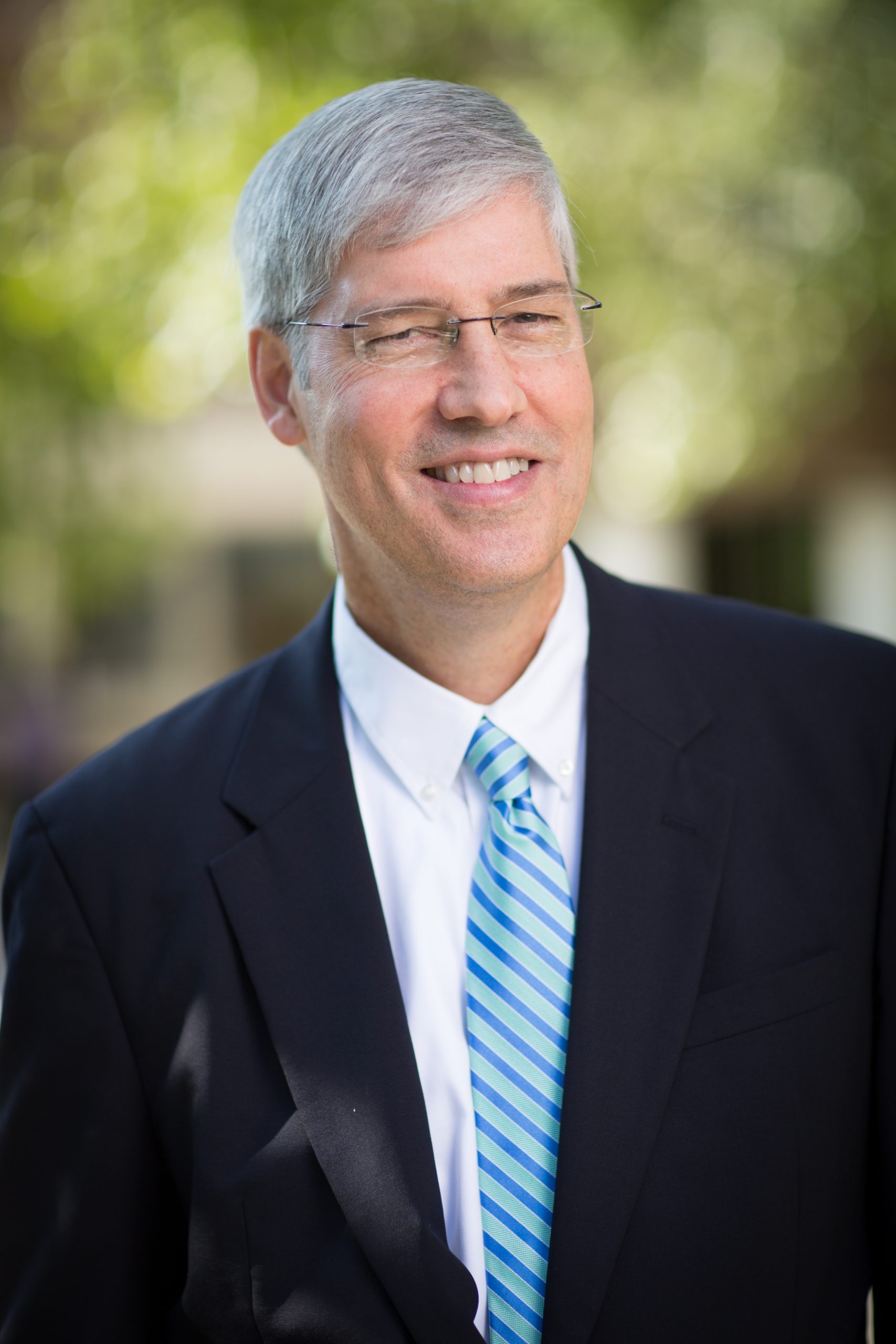Biographical Information
Timothy Daaleman, DO, MPH, is Professor of Family Medicine at the University of North Carolina at Chapel Hill (UNC), where he is also Research Fellow in the Cecil G. Sheps Center for Health Services Research. Dr. Daaleman is an active clinician who has practiced in rural critical access hospitals, urban community health centers, and academic health centers. His early research focused on the intersection of spirituality and health care at the end-of-life, and his contributions to the field included the development and psychometric testing of a quality-of-life and quality-of-care measure. For eight years Dr. Daaleman served as Vice Chair of Family Medicine and his research broadened to clinical program implementation, including embedding care managers in practice sites and establishing a home-based primary care program. Since stepping away as Vice Chair, he partnered with the UNC Kenan-Flagler Business School to design and implement a leadership curriculum for the School of Medicine, and served on a consulting project to improve care in the North Carolina state psychiatric hospitals and alcohol and drug abuse treatment centers.
Dr. Daaleman is a former Associate Editor for the Annals of Family Medicine and is on the Editorial Advisory Board. He has been a member of grant review panels for the Veterans Affairs Patient and Special Populations Determinants of Health and Care, the National Institutes of Health’s Health Services Organization and Delivery, and the Patient-Centered Outcomes Research Institute’s (PCORI) Health Care Systems. He was Co-Chair of the PCORI Advisory Panel on Healthcare Delivery and Disparities Research. Dr. Daaleman is a member of the Leadership Team for the Orange County Partnership to End Homelessness System and has served on the COVID-19 Coordination Group and Unsheltered Workgroup, and was recently named Chair of the Ethics and Professionalism Committee (EPCOM) for the American Board of Medical Specialties (ABMS).
Areas of Interest
Dr. Daaleman’s areas of interest include medical care of vulnerable populations, chronic illness care, social and cultural influences on health and health care, and aging and the life course.
Scholarship
In The News
-

Department of Family Medicine Authors Chronic Illness Care Textbook
Springer recently announced publication of a major health care textbook entitled, Chronic Illness Care: Principles and Practice, which was edited by Timothy Daaleman, DO, MPH, and Margaret Helton, MD, from the UNC Department of Family Medicine.
-

What Is Quality Spiritual Care in Health Care and How Do You Measure It?
Spiritual care has long been an important part of health care, but now health care experts are beginning to measure it with the goal of being able to interpret the impact of spiritual care on health outcomes. Dr. Tim Daaleman is part of a panel who recently developed the first evidence-based measures for quality spiritual … Read more
-

Daaleman selected to serve on PCORI’s Advisory Panel on Improving Healthcare Systems
Timothy Daaleman, DO MPH, Vice Chair of the Department of Family Medicine, has been selected by the Patient-Centered Outcomes Research Institute (PCORI) to serve as a member of its National Advisory Panel on Improving Healthcare Systems. Daaleman will join other members of the national panel in applying his experience and expertise to helping PCORI refine … Read more
-

Will You Be My Doctor?
“…I remind myself that mercy, which is a willingness to enter into the chaos of another, is part and parcel of what I signed onto as a physician.” Dr. Tim Daaleman, Vice Chair of the UNC Department of Family Medicine, shares his thoughts in a recent issue of the Journal of the American Medical Association. … Read more

